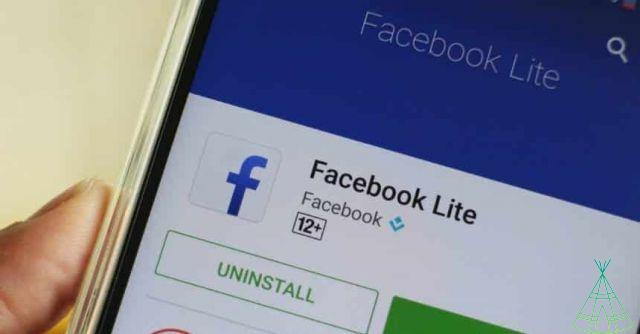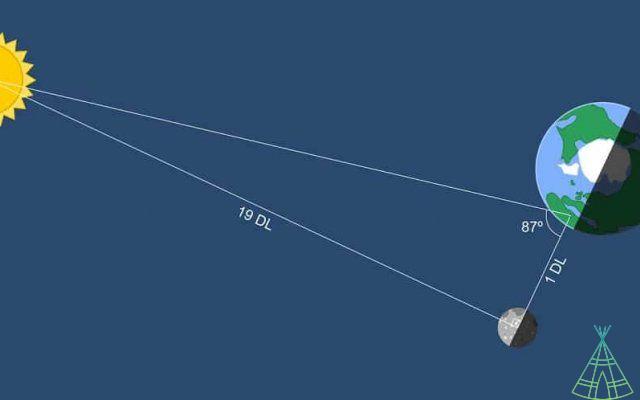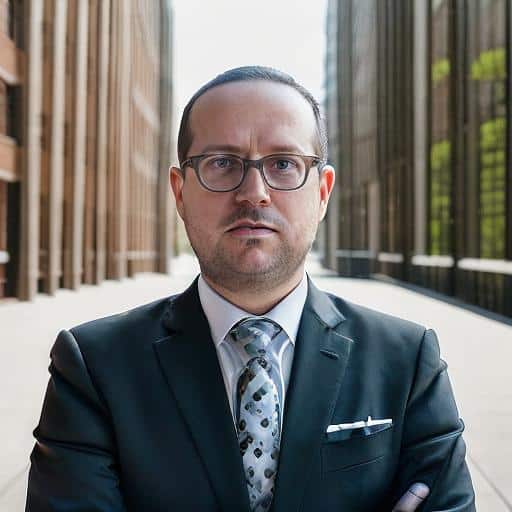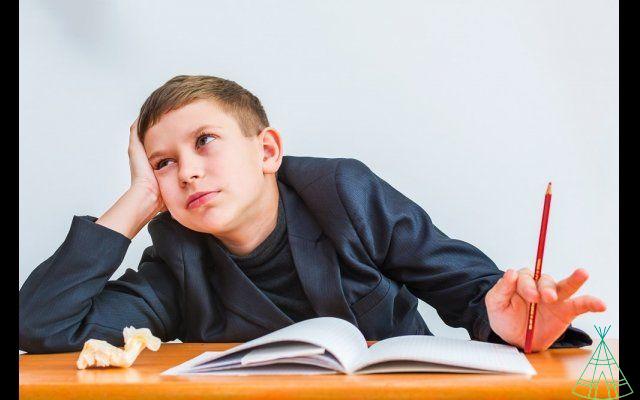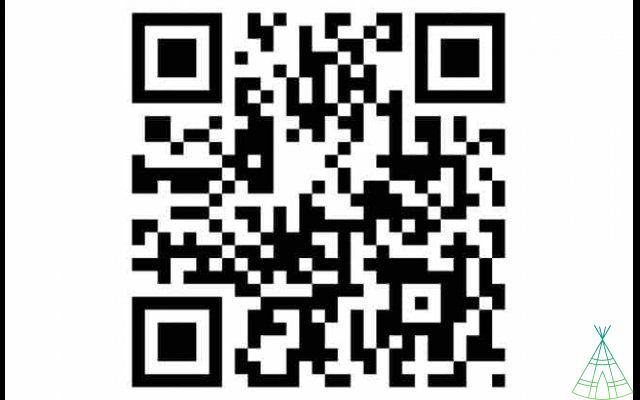If you are one of those people who, after waking up from a dream, already run to the internet to understand the meaning, this text is for you. As few as they are, dreams still cause many doubts in people's minds, especially when they are nightmares, and their origin and meaning is always a mystery; are they everyday things or premonitions and signs?
To try to solve some issues, psychologist and specialist in psychotherapy Luiz Mafle, professor of Psychology and Doctor of Psychology at PUC Minas and University of Geneva, clarified below which are the main myths and truths about dreams and how they can help in personal development.

“Some research tries to demonstrate that dreams are simply a process of the brain trying to eliminate from our memory something that is useless, that it will not use the next day. The idea, according to the studies, is to keep those memories that are useful, as if your dream only brought information about situations that happened in your day or that are in your mind”, said the psychologist.
However, according to him, there are also researches that show other visions about dreams. Check it out below!
Read more!
- Brazil receives first batch of tecovirimat to treat monkeypox
- Research says that one dose of alcohol is enough to change the brain
- Is there a difference between the human brain and that of monkeys?
Dreams: myths and truths
Is everything in the dream something that already happened to us?
Myth. That's not true, we've all had experiences of dreams that didn't make any sense, of things we'd never seen before. The Swiss psychologist and psychiatrist Carl Gustav Jung proves to us that the dream is a thought process in the way we are living our day to day.
“That is, when we make decisions in our daily lives, we tend to use our rational side, on the other hand we end up canceling out some sadness, some parts of our personality – which for now are hidden because they are not adapted to society. So, the dream can try to demonstrate that we could get back on track in a healthier way, as we are going down a path that will probably do us harm”, stresses Mafle.
Do dreams have meanings?
True. “Dreams are images that bring with them different meanings, these can be part of our own life or they can come from a background of all humanity, we carry with us some images and possibilities that are the same in any culture. So, when these images appear, we stop our life experiences and try to look for a meaning, something that may have happened or may be happening”, says Luiz.
Still according to him, it is possible to make parallel objects of culture in general, movies, books, mythologies, fairy tales, all of this shows ways of thinking that society has lived and give us indications of dealing with certain problems. Having access to this, it is possible to make decisions to know what to build and decide.

When we are not getting along with something of our personality, can it appear in dreams?
True. “A researcher at the University of Basel demonstrated, through research, that a pattern ends up being followed: if there is something in our personality that we are not dealing with very well, it is the appearance, in the dream, of an aggressive and primitive animal, or else some human who is trying to steal or capture something, as we get to know each other better, it is one that this figure becomes a human or something closer that serves as a guide, a friend, but still unknown”, he explains.
“As we get even closer, the figure tends to become recognizable, which also serves as a guide, so images of union emerge, weddings, for example. In this way, we begin to understand the evolution, this in the therapeutic process, it is possible to catch a transformation”, adds Luiz.
Not all dreams make sense
Myth. “All dreams make sense, they all want to say something about what happens in our personality, the question is to understand the language, just like a foreign language. The dream is expressed through figures and themes of society, therefore, the more we know about culture in general, the more apt we will be to understand dreams, whether they are ours or other people's. Culture is something essential, because it is in it that the knowledge of humanity is expressed and that is why it is also in dreams, facilitating our interpretation of dreams”, explains the expert.
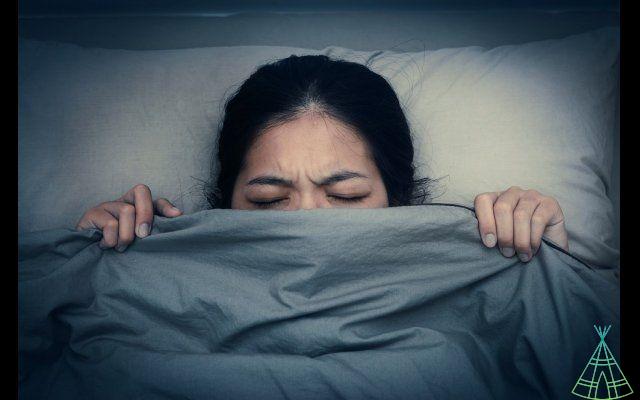
Dreams hold a truth
Myth. Dreams don't hold a truth. They serve as a basis for building new realities. “Imagine that there is something in your personality, a point that you don't like, dreams will show that this is present. From the moment you become aware of this, you have enough material in your hands to be able to transform yourself, to know yourself better. Dreams also warn of new changes, but in the end everything depends on your decisions, dreams only make possible and point to new realities”, he says.
Can dreams help in the treatment of psychological illnesses?
True. “Dreams do not directly help in the treatment of psychological illnesses. The situations o depression and anxiety come from the denial of feelings. That is, the person is denying himself, since the feeling belongs to him. dreams, the person sees himself in a more realistic way. The more a person accepts himself, the better he gets. If the person is dedicated to capturing dreams, the tendency is for mental health to improve, becoming stronger, healthier and able to act in the world. As a consequence, the psychological symptoms tend to reduce”, concludes the expert.
Have watched the new videos on YouTube from Technology Refugee? Subscribe to the channel!






